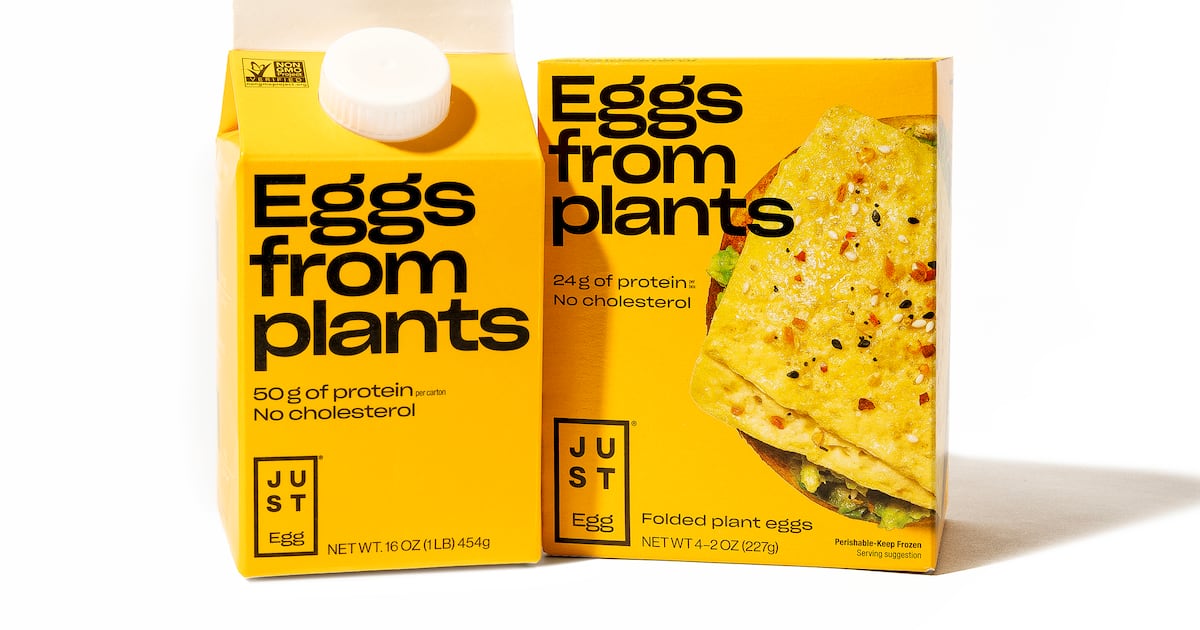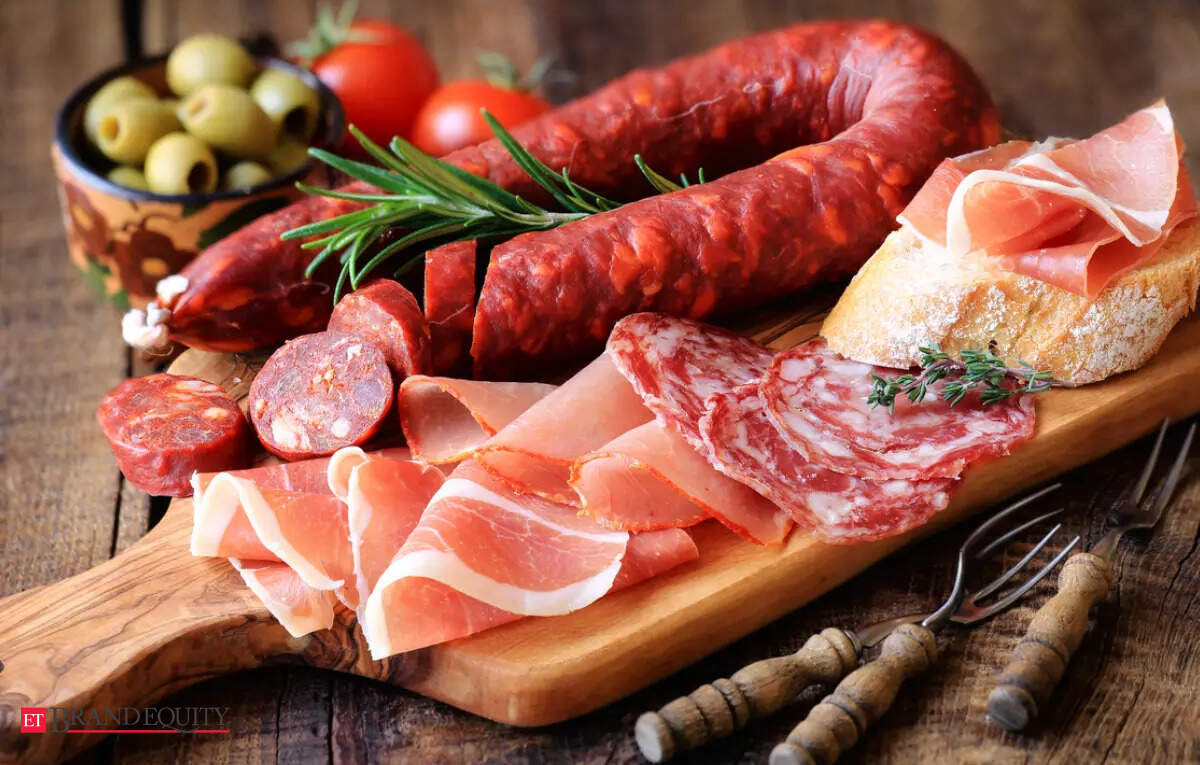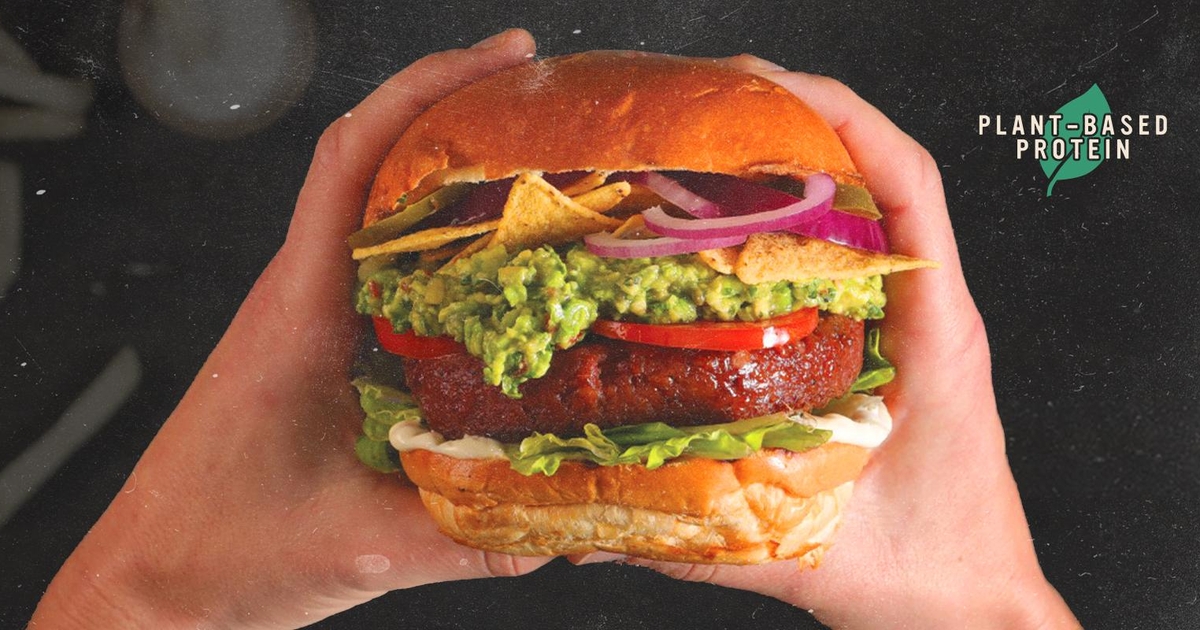Labeling requirements
To his colleagues, joint sponsor Rep. Roy Klopfenstein, R-Haviland, said it was an “utmost priority” of the bill to make sure consumers know what they’re buying.
To that end, H.B. 10 would forbid any imitation product from using meat or egg-related terms on its packaging unless it was clearly accompanied by a caveat, like “meat-free,” “plant-based,” “vegetarian,” or a number of other terms.
Rep. Jack Daniels, R-New Franklin, also a joint sponsor of H.B. 10, told his colleagues that he wanted to join the bill after coming across the product “JUST Egg,” a scrambled egg substitute made mostly from mung bean protein.
“Go ahead and Google JUST Egg and read the ingredients. There’s not an egg anywhere in it,“ Daniels said. ”Now, there’s nothing wrong with that product. I’m glad that product exists, I’m sure that product is great for people who want to purchase it. This bill really just says we need truth in labeling so that it’s clear.”
It’s not clear what, if any, labeling changes brands like JUST Egg, or other producers would have to make under H.B. 10. These prominent products tend to have disclaimers: JUST Egg products say “Made from plants”; Beyond Meat’s imitation burgers are clearly identified as ”plant-based patties,“ etc.
“Mislabeled” products under H.B. 10 could not be purchased by Ohio schools.
Lab-grown meats
The bill takes a harder line against lab-grown meat (also known as cell-cultured protein or cultivated meat) — a fledgling, not-yet-FDA-approved meat alternative that involves taking cells from livestock and growing those cells in a lab to create food.
Under H.B. 10, schools would be required to create policies against purchasing lab-grown meats. Klopfenstein said it was important to prevent students from eating “experimental food” at school.
H.B. 10 would require the state to request a waiver from the federal government to remove lab-grown meats from food stamp eligibility.
“This bill does not mean to ‘start beef’ with the scientific research going into these cell-cultured products, only to maintain transparency and honesty between businesses and customers,“ Klopfenstein said on the House floor. ”We do not want to ban these products entirely, but we feel that if a product is coming to the market that claims to be a T-bone steak, it should be a real T-bone steak.”



